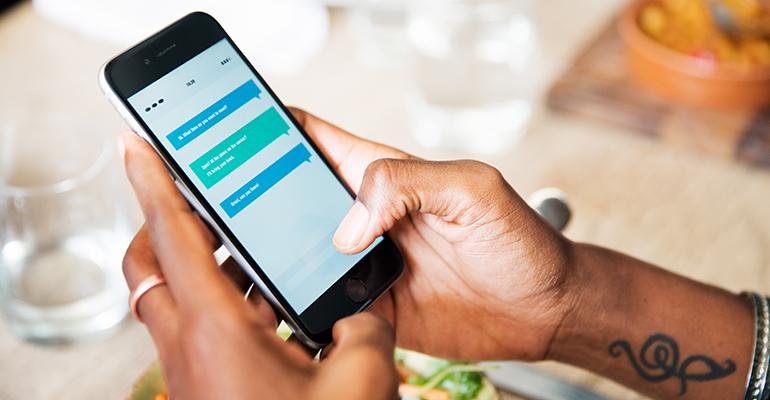Restaurants no longer have to worry about violating the Telephone Consumer Protection Act, or TCPA, if they send a text message to a mobile phone number in their customer database for legitimate reasons.
The U.S. Supreme Court last week ruled unanimously to clarify what constitutes an automatic telephone dialing system, following a raft of class-action lawsuits against businesses, including several restaurants, that sent text messages using automated technology. The TCPA, which was created before the widespread use of mobile phones, was designed to prevent so-called “robocalls” from dialing emergency numbers or from tying up business lines.
The previous interpretation, by the Ninth Circuit Court of Appeals, of what constituted an automatic telephone dialing system was found by the Supreme Court to be overly broad, said Angelo Amador, executive director of the National Restaurant Association’s Restaurant Law Center.
“Previously, if the number was stored, and it was automatically dialed, and the person didn’t want to receive it, that was all that was needed [to be in violation of the TCPA],” Amador said in an interview with Nation’s Restaurant News.
Restaurants that were sending texts to numbers in their databases found themselves being sued for TCPA violations when, for example, they reached a phone number that had once belonged to a customer but now belonged to someone else.
“Now the Supreme Court said the caller has to randomly generate numbers and send texts,” Amador said.
In the Supreme Court case, Facebook v. Duguid, Noah Duguid had sued Facebook after the social networking giant had used automated technology to send him several text messages alerting him that someone had attempted to access his Facebook account, even though Duguid never had a Facebook account. The court ruled that Facebook’s action did not violate the TCPA because Duguin’s number was not randomly generated.
“Expanding the definition of an autodialer to encompass any equipment that merely stores and dials telephone numbers would take a chainsaw to these nuanced problems when Congress meant to use a scalpel,” Justice Sonia Sotomayor wrote in the ruling, according to a report in the National Law Review.
Amador cautioned that restaurants could still violate the TCPA if they send texts randomly. Restaurants are, however, free to send texts “in good faith, provided they got the number from a source other than an a randomly generated number,” he said.
Read more about how the Supreme Court ruling protects restaurants’ text messaging.





